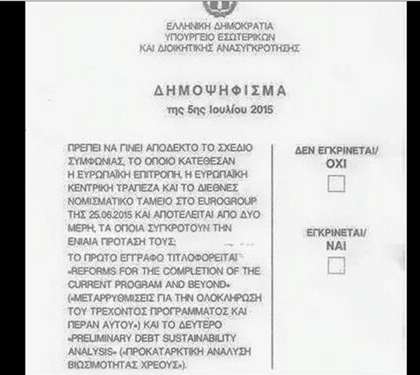Today at the National Archives: "Punctuating Happiness":
In advance of its traditional Fourth of July celebration, the National Archives, in partnership with the Institute for Advanced Study, will host a free conference on the Declaration of Independence titled “Punctuating Happiness" […]
Inspired by the work of Danielle Allen, […] the conference will explore the National Archives’ work in preserving the original Declaration of Independence, the diversity of the document’s textual tradition, how this diversity affects historical research, and how it is taught in schools. […]
Ms. Allen’s research raises questions about the transcription of the Declaration taken from the 1823 Stone engraving. Specifically, that the Stone engraving uses a period after “pursuit of happiness,” whereas the 1776 manuscripts by Thomas Jefferson, John Adams, and Secretary for the Continental Congress Charles Thomson use semicolons or commas. She argues that the question of whether a period belongs there affects whether we read a sentence with three self-evident truths, or with five. And it affects whether we take the self-evident truths to concern primarily individual rights or rather to concern the positive value of government as a tool for securing individual rights.
Read the rest of this entry »



